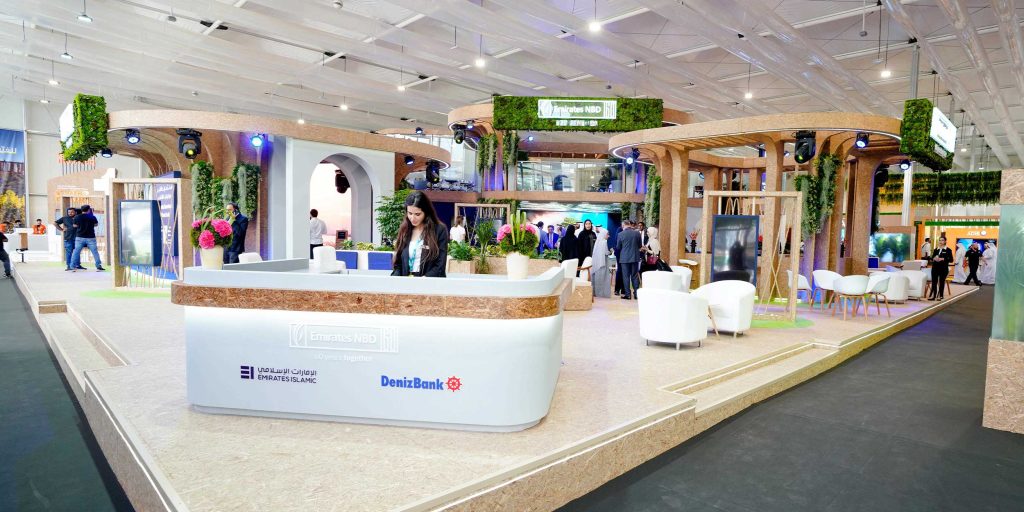Why do some sustainability strategies remain on paper while others inspire real change? The answer often lies in how teams engage with the topic. In Dubai’s fast-paced business culture, organizing a corporate sustainability workshop is more than a formality—it’s a chance to ground abstract goals in tangible actions. Whether your company focuses on energy efficiency, waste reduction, or ethical sourcing, workshops can turn strategy into behavior. Done right, these sessions become energizing touchpoints that align company culture with environmental responsibility. That’s why knowing where to begin—and how to structure the experience—is key.
Start by identifying your sustainability priorities under UAE corporate expectations
Before booking venues or trainers, it’s important to define your workshop’s core theme. Will you focus on carbon emissions? Employee-led green initiatives? Supply chain ethics? In Dubai, aligning with UAE Vision 2031 and the UAE Green Agenda 2030 is a good starting point. Workshops that incorporate local regulations—such as Emirates Green Building Council standards or sustainability mandates by Dubai Municipality—resonate better with participants. This local framework provides clarity and ensures compliance. We recommend gathering internal insights first. What do your employees already know? What gaps exist? These answers will shape both the tone and technical depth of the session.
Choose venues that reflect the environmental message of your workshop
The setting of your workshop matters as much as the content. Hosting it in a space certified by the UAE’s green building standards can reinforce your message without saying a word. In Dubai, many coworking hubs and innovation labs offer eco-conscious design. Areas like Dubai Design District or Al Quoz Creative Zone provide venues with natural light, zero plastic policies, and green certifications. Some corporate clients even host sessions outdoors in spaces like Al Barari or The Sustainable City to immerse participants in an eco-friendly setting. Just be sure the venue’s logistics align with your group size, AV needs, and access to public transport.
Collaborate with sustainability consultants who understand Dubai’s regulatory terrain
One of the most effective ways to build credibility is to co-host the workshop with local sustainability experts. Dubai is home to a growing number of consultants specializing in carbon auditing, ESG reporting, and eco-design for businesses. These professionals bring firsthand experience with the UAE’s regulatory frameworks and can tailor content to your sector. Some focus on hospitality or logistics, while others are experts in construction or retail supply chains. Having a local consultant ensures the content remains relevant and up-to-date, especially as Dubai’s sustainability landscape evolves in line with global climate agreements and Expo legacy goals.
Incorporate practical exercises, simulations, and UAE-based case studies
Theory alone rarely inspires change. Workshops should balance discussion with activity. Group simulations like designing a zero-waste office or calculating a building’s carbon footprint based on DEWA benchmarks make learning memorable. You can also analyze Dubai-based case studies—such as how retail chains adjusted packaging practices during the UAE plastic ban or how real estate developers optimized cooling systems. These local examples ground the content in familiar territory. Teams can then workshop their own departments’ practices in response, creating a feedback loop that connects training to real operations.

Sustainability workshops are more effective when department heads co-lead discussions
To embed new practices across the organization, leadership involvement is essential. That doesn’t mean CEOs have to give lectures, but when department heads facilitate or participate, it sends a strong message. For instance, HR might lead a session on green commuting, while procurement managers could outline ethical sourcing models. This decentralization of ownership encourages department-specific ideas and adds authenticity. In Dubai-based multinationals, it also supports smoother integration of policies across regional offices. Workshops become not just learning events, but internal networking opportunities for green-minded leaders.
Provide toolkits with region-specific resources, templates, and contacts
Once the session ends, what happens next? A good sustainability workshop should leave behind more than notes. Create a practical toolkit with region-specific materials. This could include Dubai Municipality recycling guidelines, RTA updates on electric transport, or UAE-based carbon offset calculators. Templates for internal reporting or staff suggestion forms also help turn interest into implementation. Don’t forget to include contacts for local recycling services, eco-suppliers, or green training providers. These resources allow teams to act quickly and stay connected with regional sustainability networks.
Use bilingual communication and visuals to ensure inclusivity
Dubai’s workforce is highly multilingual, and your workshop content should reflect that. While English is the main corporate language, providing Arabic translation (or subtitles in presentation slides) ensures accessibility. For teams with South Asian or Filipino staff, clear visuals and hands-on activities often work better than dense written material. Infographics, illustrated timelines of UAE green policies, and short videos are useful tools. This thoughtful approach ensures that everyone, regardless of language fluency, can contribute to and benefit from the workshop.
Feedback loops and follow-up sessions help measure impact and improve adoption
One-time workshops can raise awareness, but only recurring engagement creates habit change. To measure success, circulate follow-up surveys or host smaller monthly meetups focused on specific topics like waste audits or green procurement. Use employee feedback to refine future sessions and update your sustainability roadmap. In some Dubai-based companies, green committees are formed after workshops to oversee project implementation. These groups often work closely with admin or CSR teams to execute ideas presented in training. Sustainable transformation is iterative—each session builds on the last.
Workshops become catalysts when they reflect Dubai’s balance between progress and responsibility
Dubai is known for ambition, speed, and innovation—but it’s also shaping a sustainability narrative with serious commitment. Organizing a workshop here is more than an HR exercise. It’s a statement that your organization understands the global urgency and local relevance of environmental action. By crafting workshops that are thoughtful, practical, and rooted in Dubai’s context, you’re helping to create workplaces that don’t just operate in the UAE—but help shape its future.
This article was created by the editorial team at www.few.ae.
